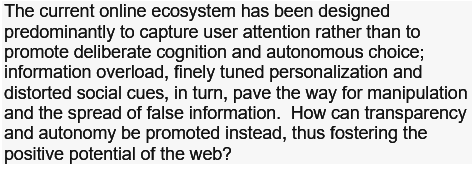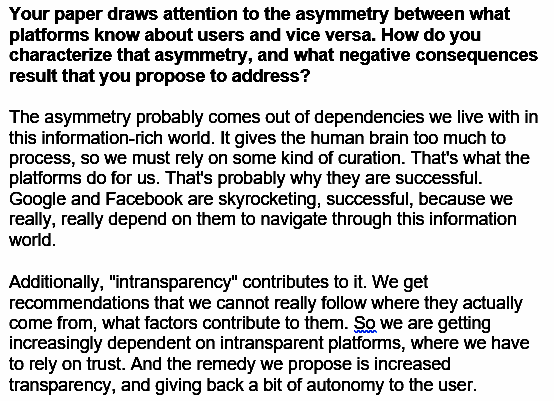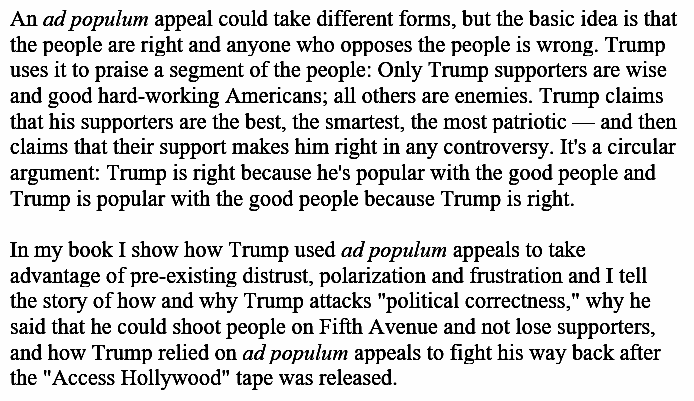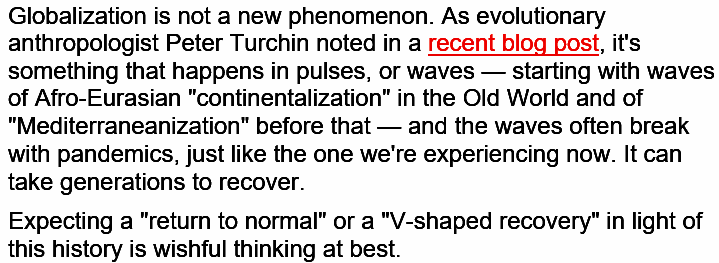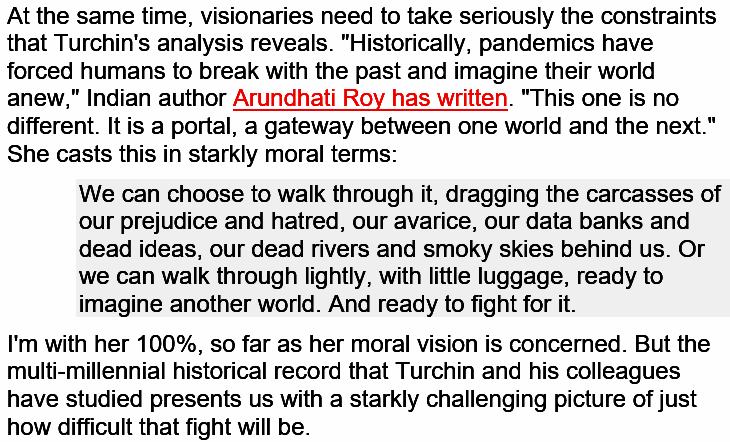
Congress can wait: How Biden can reshape our future with executive action.
POTUS has enormous power to act based on existing laws. Rather than gnash our teeth over lost opportunities, let's focus on how much can be done, per @ddayen at @TheProspect: 1/6
salon.com/2020/11/29/con…
POTUS has enormous power to act based on existing laws. Rather than gnash our teeth over lost opportunities, let's focus on how much can be done, per @ddayen at @TheProspect: 1/6
salon.com/2020/11/29/con…
14 months ago, @ddayen at @TheProspect laid out the scope of what a Democratic POTUS could do without Congress, long before anyone else was thinking about it. Cancelling student debt was just the tip of the iceberg: 2/6
prospect.org/day-one-agenda…
prospect.org/day-one-agenda…

This month, @jeffspross made an even deeper argument regarding long-term power to defeat Trumpism. It has 3 main parts: 1) The only way to defeat Trumpism is by repeated electoral victories ala the New Deal forcing the GOP to change. 3/6
prospect.org/day-one-agenda…
prospect.org/day-one-agenda…

2) And winning repeatedly, decisively requires policies, like Social Security, that can build mass constituencies: 4/6 

3) Passing new laws is great for building mass constituencies. But executive actions can do a great deal on their own--and help gain power to do more: 5/6 

These are some highlights. Read the whole story, "Congress can wait: How Biden can reshape our future with executive action." here:
salon.com/2020/11/29/con…
6/6
salon.com/2020/11/29/con…
6/6
• • •
Missing some Tweet in this thread? You can try to
force a refresh




